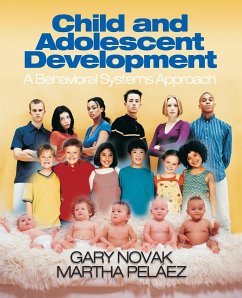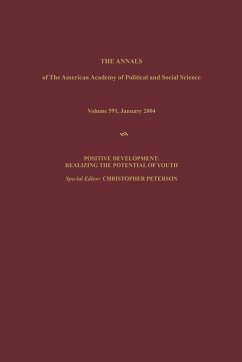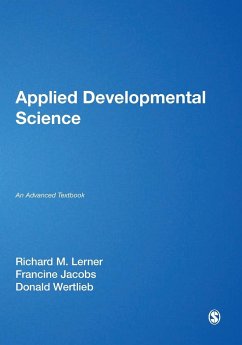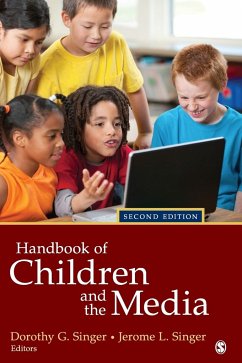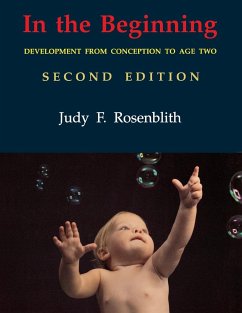
Action and Self-Development
Theory and Research Through the LifeSpan
Versandkostenfrei!
Versandfertig in 1-2 Wochen
154,99 €
inkl. MwSt.

PAYBACK Punkte
77 °P sammeln!
This volume presents the reader with a stimulating rich tapestry of essays exploring the nature of action and intentionality, and discussing their role in human development. As the contributions make clear, action is an integrative concept that forms the bridge between our psychological, biological, and sociocultural worlds. Action is also integrative in the sense of entailing motivational, emotional, and cognitive systems, and this integration too is well represented in the chapters. Action is defined, and distinguished from behavior, according to its intentional quality. Thus, a constantly r...
This volume presents the reader with a stimulating rich tapestry of essays exploring the nature of action and intentionality, and discussing their role in human development. As the contributions make clear, action is an integrative concept that forms the bridge between our psychological, biological, and sociocultural worlds. Action is also integrative in the sense of entailing motivational, emotional, and cognitive systems, and this integration too is well represented in the chapters. Action is defined, and distinguished from behavior, according to its intentional quality. Thus, a constantly recurring theme in the volume involves the dialectic of action-intentionality, and specifically the questions of how and when these concepts are to be distinguished.









